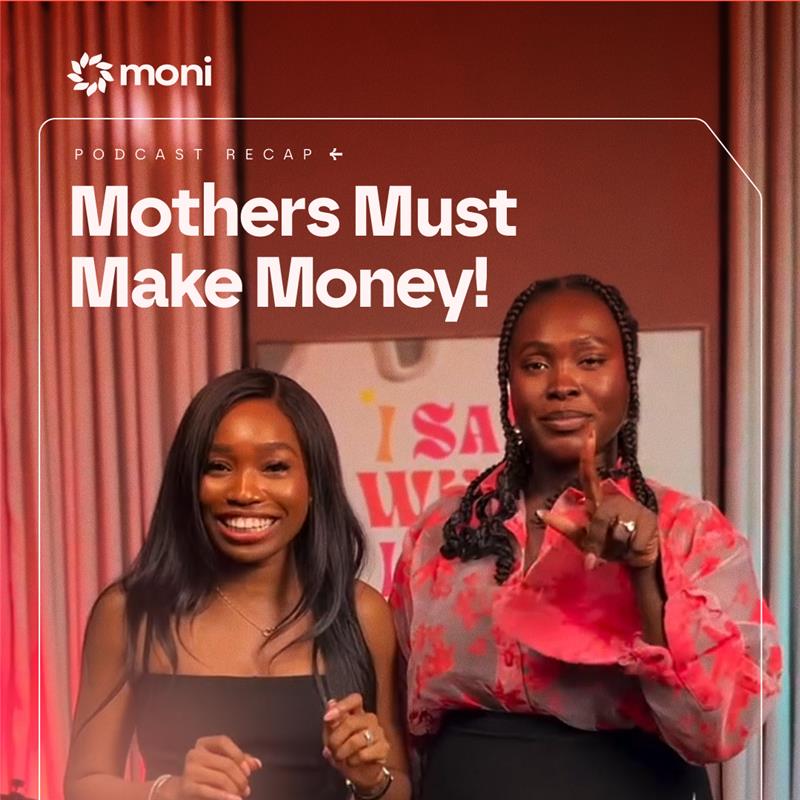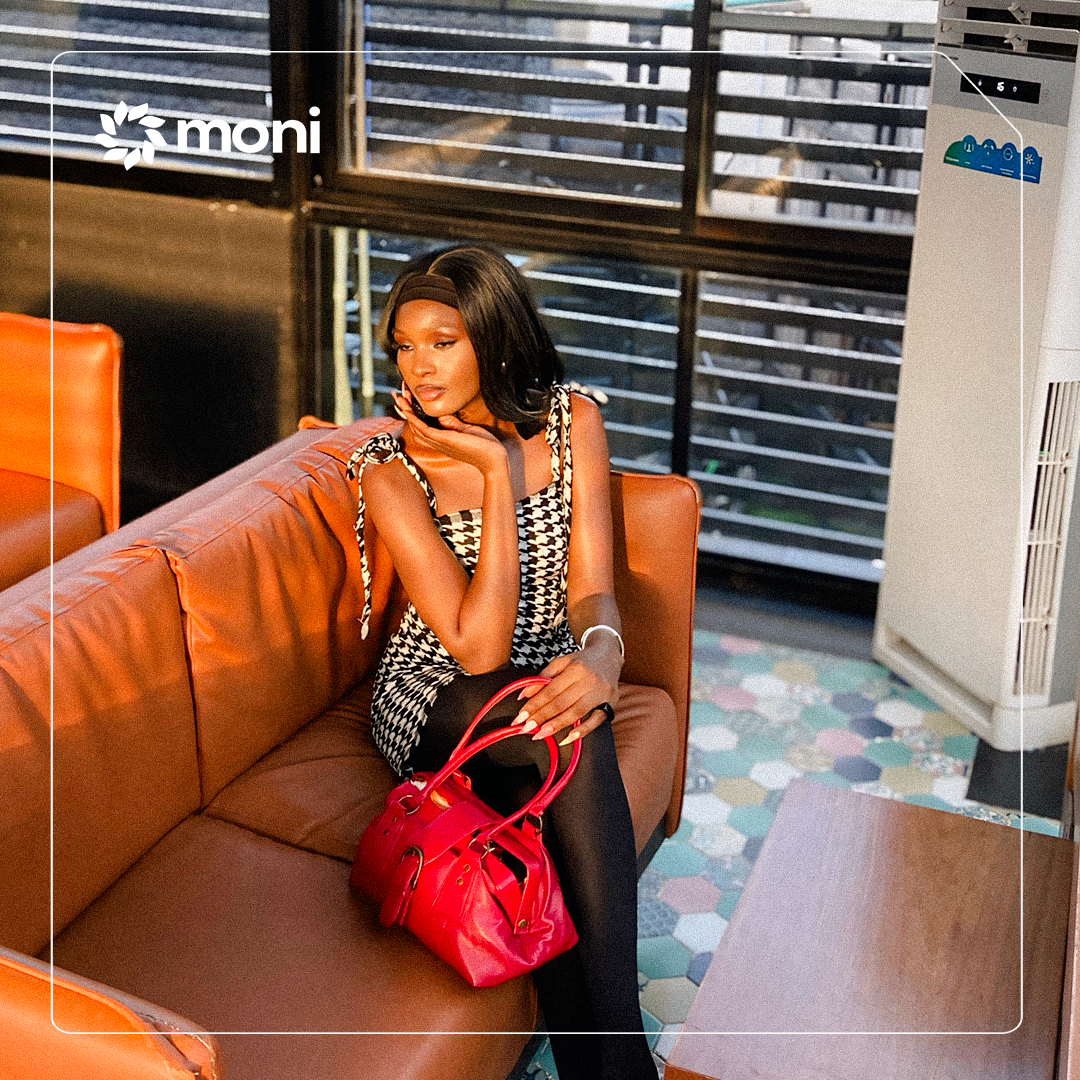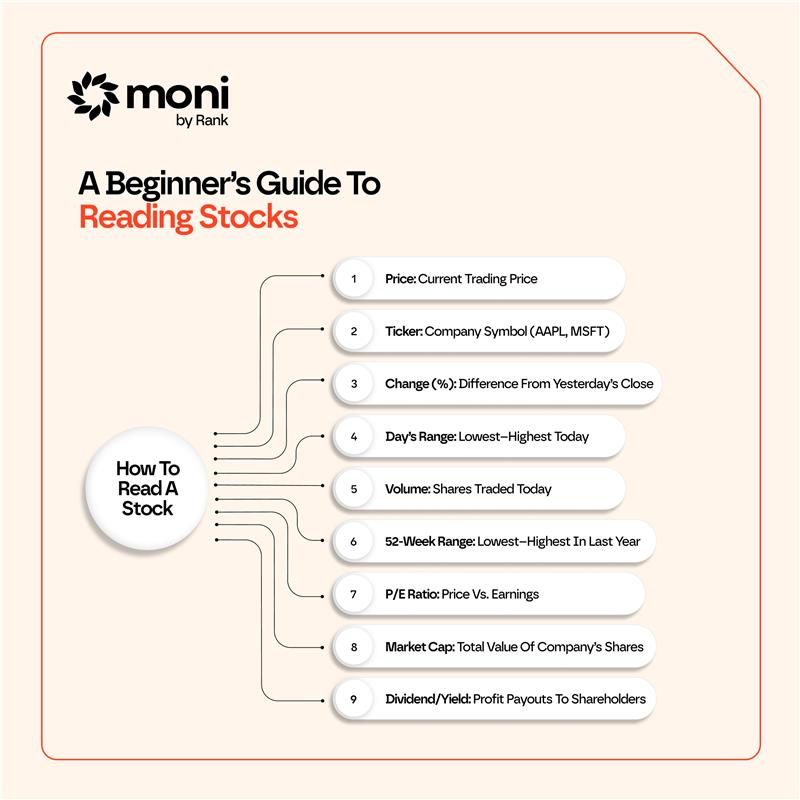
Based on an episode of the I Said What I Said Podcast
If you’ve ever found yourself laughing, nodding, and low-key taking notes while listening to I Said What I Said (ISWIS), then you already know it’s more than just a podcast, it’s a public service. Hosted by FK and Jollz, ISWIS is where hot takes, honest conversations, and unfiltered truths come together with the perfect dose of banter. It’s like sitting on the couch with your funniest, smartest friends, if your friends also happened to be bold enough to say the things you were only thinking.
In the recent Do’s and Don’ts of Building Wealth as a 30+ woman in Nigeria episode (with guests Ibiyinka Ibru, founder MoneyStart and Feyi Bello, founder Swaddle), ISWIS served up truths on money, legacy, and what it really means to build wealth as a Nigerian woman.
Here’s what we learnt.
1. Legacy Isn’t Just About Babies and Bungalows
You know that classic Nigerian auntie question, “How are the children?” Is that really legacy for women?
The ladies challenge the idea that a woman’s legacy ends with raising “well-behaved children.” Legacy, they argue, should include assets, impact, and intentional wealth-building. Because if all you pass on is aso-ebi and rice recipes, then what was the point?And can we talk about the six-year-old who said women don’t have money? SIX. It’s a wake-up call for women to become the aunties with the range and the real estate.
2. The Shame Olympics Need to End
Here’s the thing about money: we can all be weird about it. Rich people, broke people, the ones pretending on Instagram — all of us. But what keeps us stuck is shame. Shame shapes people’s relationships with money. Many women feel pressure to maintain appearances, leading to isolation and silence when financial struggles arise. The podcast highlighted how open, honest conversations about money, whether it’s salary, savings, or setbacks, can be incredibly freeing.
Sharing personal stories, including financial mistakes or struggles, creates space for others to reflect, learn, and build better habits. Financial literacy is often more about transparency than technical knowledge. When people feel safe to be honest, they’re more likely to ask the right questions, seek help, and take action.
One of the most touching parts of the conversation was when the ladies shared personal money stories—some hilarious, some humbling. Ibiyinka once earned a salary of ₦250k per month while Feyi was complaining, she couldn’t save ₦1M per month. Another invested in fish farming and the fish died. ALL the fish. Moral of the story: talk to your friends about money. Cry if you must. Then laugh. Then borrow each other’s ATM cards (responsibly). But always have transparent conversations about money.
3. We Are Not Our Parents. And That’s Okay
Let’s stop punishing ourselves because our lives don’t look like our parents’ at 35. Your dad had a house by 30? Cool. He also built or bought it for a few millions and his employer probably gave him a Peugeot. Today, you’re paying ₦850k for rent and can’t afford to sneeze near Banana Island.
The episode beautifully reminds us that our generation is navigating a very different economy. We’re dealing with inflation and debt that have caused asset prices to skyrocket. So the pressure to be an MD before 40 or own 7 properties by 50? Release yourself from it.
4. Start Small. Seriously. Start Tiny. Start With Moni.
If you’ve ever felt bad because your savings look like transport fare, this one’s for you. One of the hosts shared how she used to put small change into a savings app and how it once bailed her out when her car broke down. It wasn’t ₦10M, but it was hers. And that’s the point. Wealth building starts with the evergreen advice to start saving with what you have. Don’t wait till you can afford to buy land in Lekki before you start building wealth. Even ₦5k invested consistently can become ₦500k.
5. Be Cautious with High-Risk Ventures
One cautionary point was about making uninformed investment decisions. Many women, in an attempt to secure additional income, are drawn into high-risk ventures or Ponzi schemes, often promoted through informal networks. Without fully understanding the underlying asset or risk involved, they end up losing money. Start with lower-risk, capital-assured investments and build gradually. Understanding where a particular venture or asset sits on the risk spectrum is crucial. Financial growth should be structured and aligned with your capacity and knowledge.
Read: How to save your life savings.
The podcast reminds us that money is never just about the Naira and Kobo. It’s about identity, shame, pride, comparison, and dreams. And until we get honest about all of that, we might keep chasing air. So the next time someone brings up a “women and money” event, ask them: Are we doing pictures or portfolios?
And remember, as a woman, your legacy is more than the fact that you bore children. Build that asset. Grow that investment. Flip the narrative.



